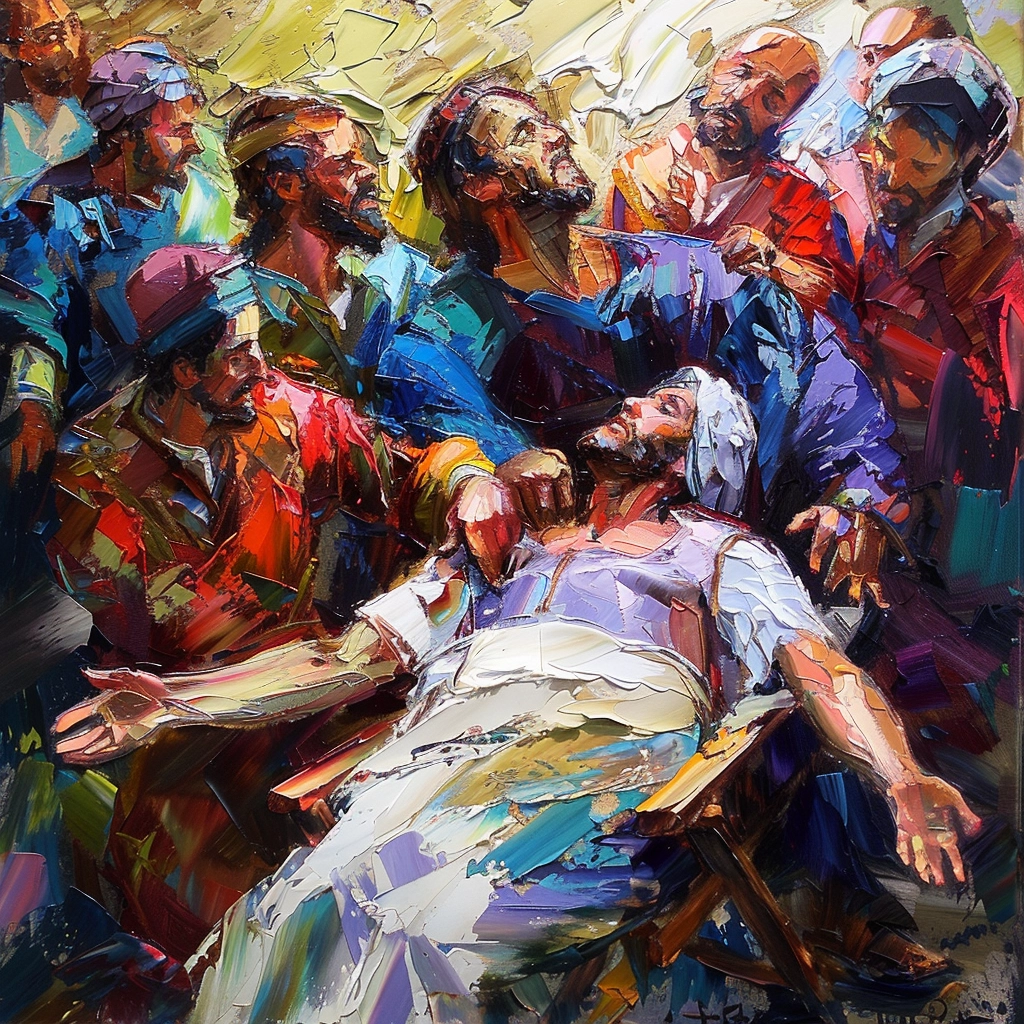Opening Verse
“And leaving Nazareth, he came and dwelt in Capernaum, which is upon the sea coast, in the borders of Zabulon and Nephthalim.”
— Matthew 4:13 (KJV)
Introduction
During His ministry, Jesus used Capernaum as a base, a place where He could teach, heal, and minister to the people. It wasn’t just a stop on His journey; it became a center of His work. In the same way, the local church serves as a central place for believers today, where we gather to worship, learn, and grow in our relationship with God. Just as Jesus returned to Capernaum again and again, we are called to be rooted in a community of faith.
Devotional Story
Capernaum became known as Jesus’ headquarters. This small fishing town by the Sea of Galilee witnessed many of His miracles and teachings. It was here that Jesus healed Peter’s mother-in-law (Mark 1:29-31) and raised the daughter of a synagogue leader from the dead (Luke 8:49-56). It was in Capernaum that Jesus taught in the synagogue, giving profound lessons that challenged people’s understanding of God’s Kingdom.
This town was more than just a geographical location; it became a spiritual hub where people could come to experience God’s presence. When crowds gathered around Jesus in Capernaum, they weren’t just seeking physical healing; they longed for spiritual truth and renewal.
This is much like the role of the local church today. Just as Capernaum was a place where people gathered to hear Jesus’ teachings and witness His miracles, the local church is where we gather to experience God’s power through worship, teaching, and fellowship.
What This Means
Capernaum teaches us that having a central place for spiritual growth is vital. Jesus could have traveled endlessly, but He chose to spend significant time in this town, allowing the people to come to Him. In the same way, our local church provides a space where we can consistently encounter God’s Word, grow in our faith, and experience the power of the Holy Spirit.
Just as Jesus used Capernaum to teach and minister, our local churches are places where we are equipped for service and strengthened in our faith. The church is more than just a building; it’s a community where we can support one another, grow together, and be reminded of God’s grace and purpose for our lives.
Think About This
How important is your local church to your spiritual growth? Do you value the community it provides and the teaching it offers? Just as Capernaum was a place of transformation during Jesus’ time, your local church can be a place where you experience deep spiritual growth. Are you regularly gathering with other believers to grow and serve?
Prayer
Heavenly Father, thank You for the gift of the local church, a place where we can gather as a community of believers to worship You, learn from Your Word, and grow together. Help us to be committed to our local church, just as Jesus was committed to His ministry in Capernaum. May we be faithful in supporting and serving one another in love. In Jesus’ name, Amen.
Closing Verse
“Not forsaking the assembling of ourselves together, as the manner of some is; but exhorting one another: and so much the more, as ye see the day approaching.”
— Hebrews 10:25 (KJV)









